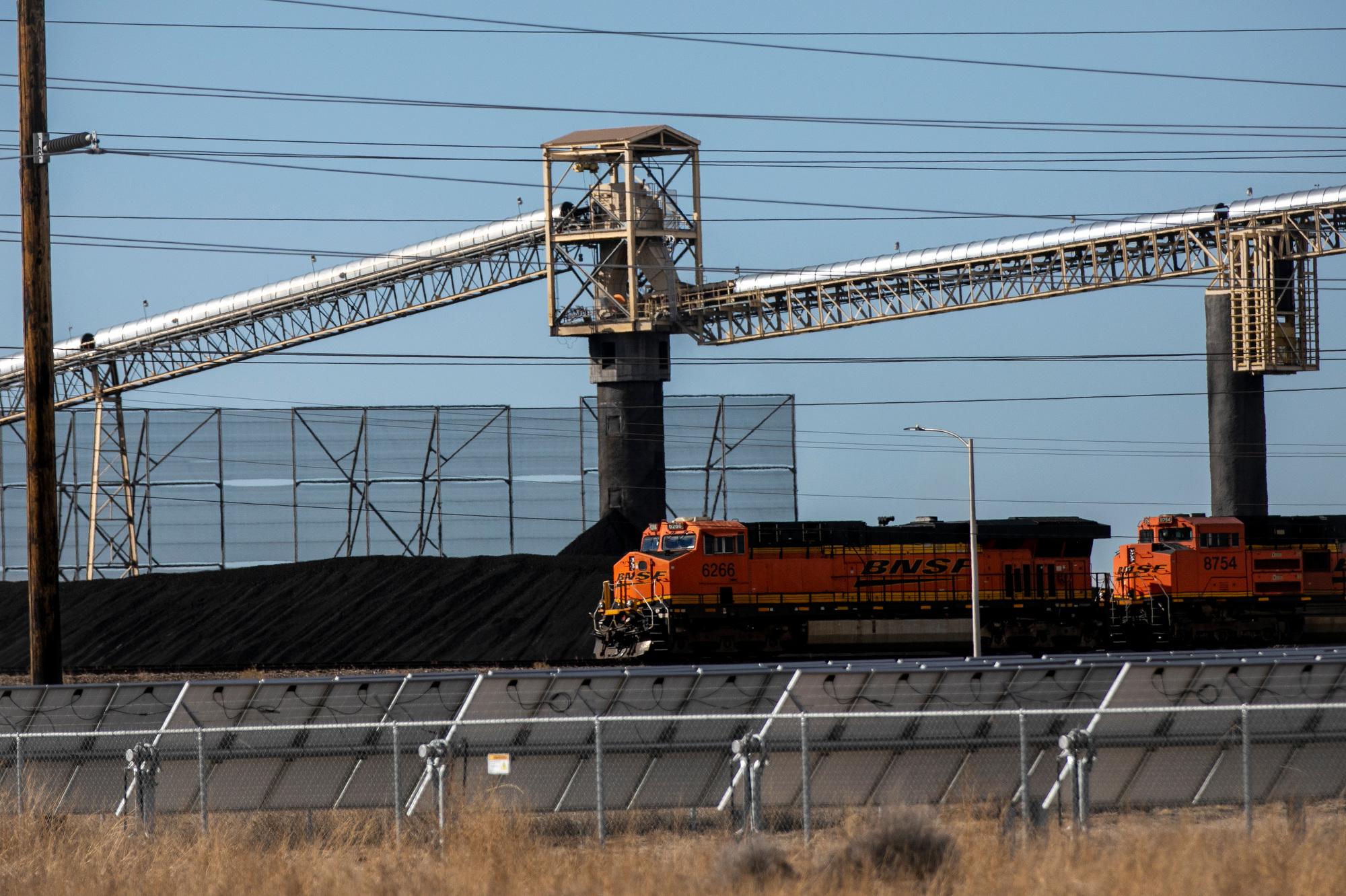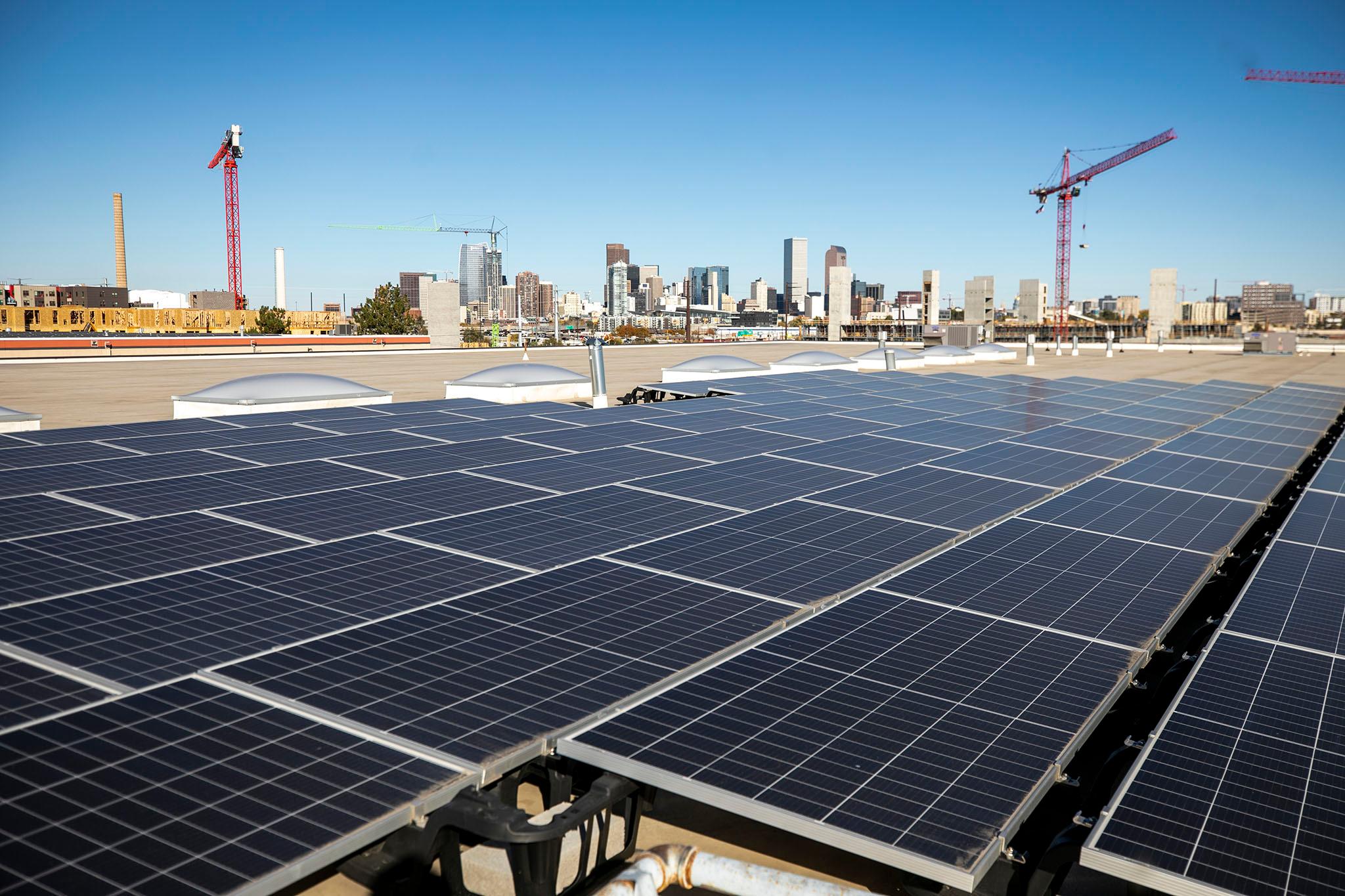
Colorado’s largest electric utility wants to charge its customers $123 million next year to make up for coal-delivery shortfalls and high natural gas prices.
Xcel Energy asked the Colorado Public Utilities Commission to approve the new charges last week. In its filing, the company says labor shortages within the nation’s rail industry have cut the amount of coal shipped to fuel its power plants. As a result, Xcel has had to shift more of its power production to natural gas — a more expensive fuel whose costs this year were above the company’s projections.
With new supplies by railcar coming up short, Xcel has had to reserve its coal stockpile for the winter heating season, said Xcel-Colorado President Robert Kenney.
Xcel’s coal-fired power plants are expected to generate only half of the energy they normally do this winter, Kenney said. Meanwhile, the company’s generation from natural gas is expected to jump by 240 percent.
If the Public Utilities Commission approves Xcel’s request, the average household electric bill will increase by $3.92 for six months starting in January, according to company filings. The company would do that by increasing a fee added to customers’ bills called the electric commodity adjustment, which is used to pay for fuel supply and wholesale electricity.
The Colorado Office of the Utility Consumer Advocate, which represents customers’ interests, expects to appeal the bill increase this month, officials there said.
Nationally, utilities depend on a network of trains and barges to transport large shipments of coal, said John Ward, the executive director of the National Coal Transportation Association. Rail worker layoffs and furloughs stemming from the COVID-19 pandemic have strained that supply chain, with railroads slowly rebuilding their labor pool.
“The railroads have been trying to play catch-up ever since,” Ward said.
So have utilities, which tapped their coal stockpiles to heat and power homes during long, widespread bouts of freezing temperatures, Ward said.
“Xcel is far from the only utility that’s in that situation,” he said. “A lot of people are conserving coal right now.”
Utilities across the U.S. are shutting down coal-fired power plants as they move away from carbon-emitting fuels and toward cleaner energy sources. Xcel is expected to stop burning coal in Colorado by 2031, according to a company plan approved by regulators this year.
Kenney said Xcel will have enough power for customers by using natural gas, renewables and other sources of energy.
“Yes, this is an issue, but it’s an issue that we prepare for,” he said.









